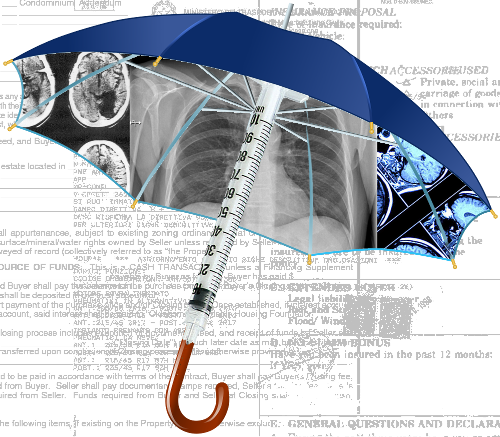Insurance hike for hospitals
 The NSW Government is imposing a new tax hike on private health insurers.
The NSW Government is imposing a new tax hike on private health insurers.
The state government recently passed legislation allowing an increase in the levy on private health insurance from $1.77 to a maximum of $3.27 per person per week.
The move aims to generate $490 million over four years to offset underpayment by insurers for single-room usage in public hospitals.
As a result, it is expected that private health funds, including HCF, Bupa, NIB, and Medibank, will increase premiums, affecting thousands of NSW residents.
Private Healthcare Australia, the industry’s peak body, warns that premiums could rise by 4.1 per cent, adding $78 annually for individuals and $156 for families.
Modelling by Mandala Group estimates that up to 75,000 people could drop coverage due to these costs. Critics argue this would drive more people to public hospitals, increasing pressure on already overburdened emergency departments and extending surgery wait times.
HCF has agreed to cover its members’ public hospital costs, aiming to prevent the full impact of the tax hike.
Chief Executive Sheena Jack has described the decision as “reluctantly agreed”, reflecting industry concerns about rising costs.
Treasurer Daniel Mookhey has encouraged other insurers to follow HCF's lead, stating the government remains open to negotiations.
Dr Nick Coatsworth, a healthcare policy expert, has criticised the levy as an ineffective bargaining tool that conflicts with federal measures encouraging private health insurance.
He argued it penalises insured patients, who already contribute to public healthcare through taxes.
Coatsworth also questioned the accuracy of NSW's claim that 333,000 bed days annually involve privately insured patients in single rooms, suggesting the figure is exaggerated.
The federal government’s role could be complicated by the NSW tax.
Insurers may use it to argue for higher national premium rises, with negotiations set to begin with Health Minister Mark Butler. A precedent could also be set for other states to introduce similar levies, potentially impacting private healthcare affordability nationwide.







 Print
Print